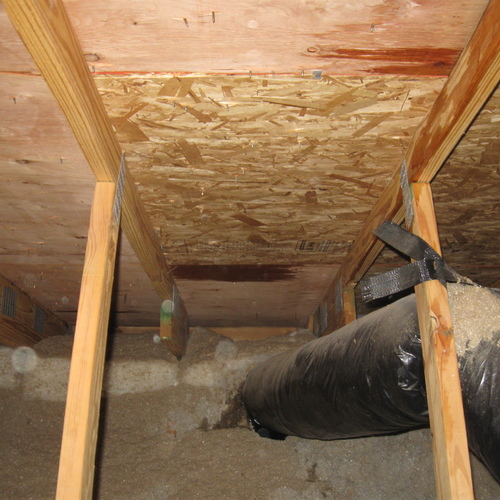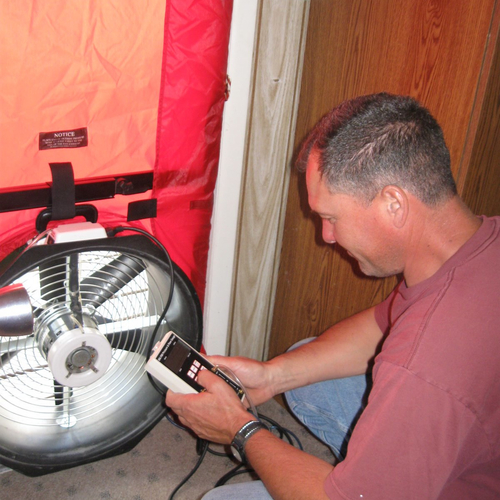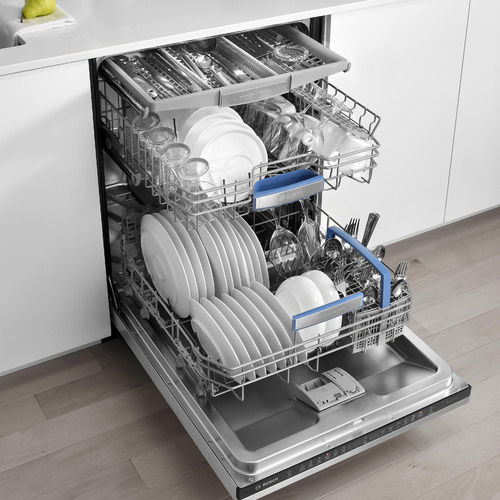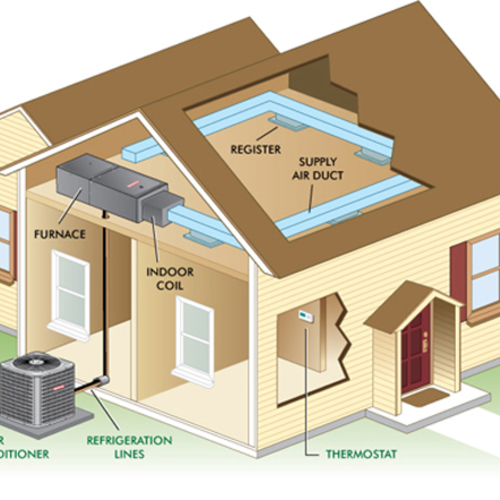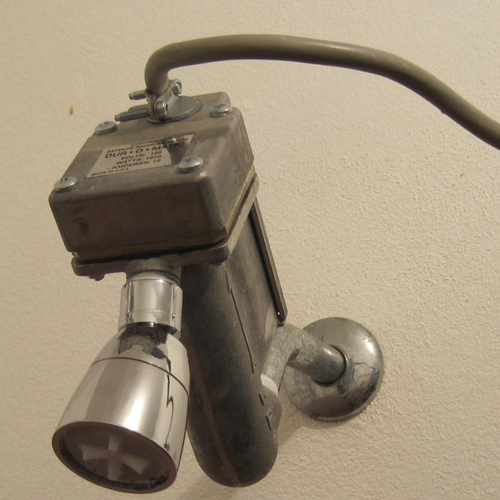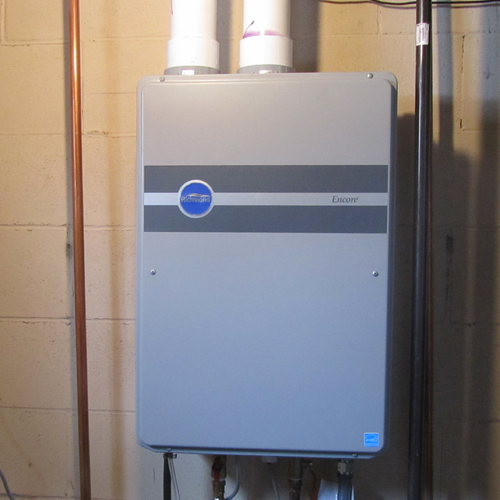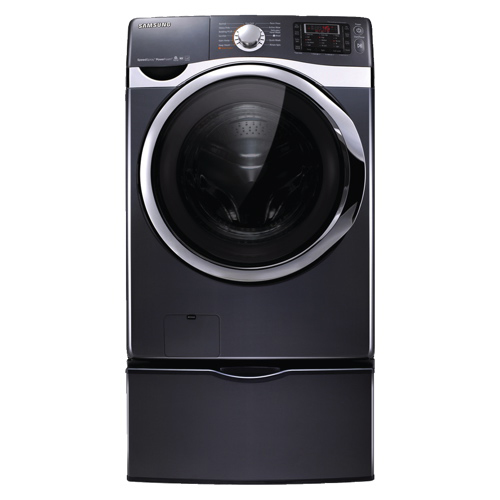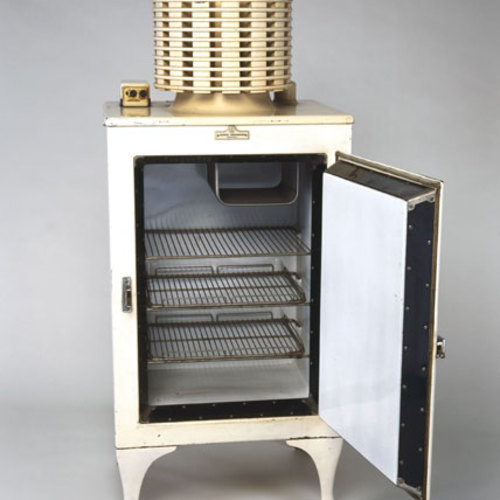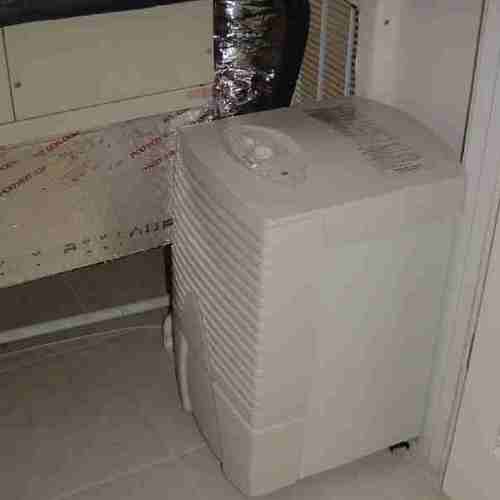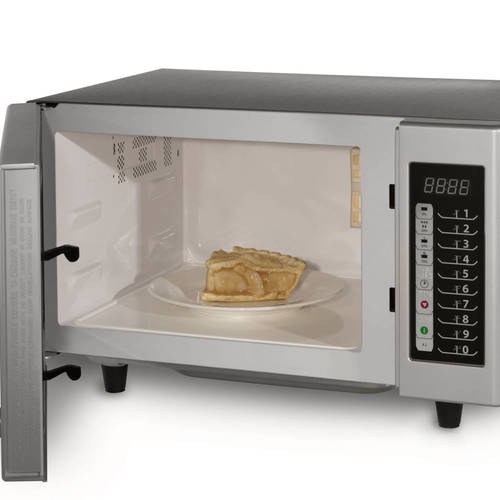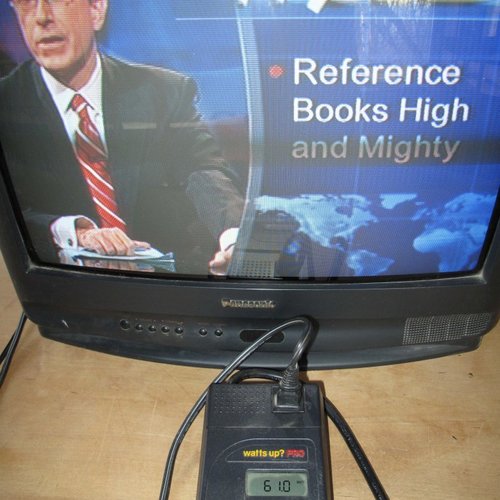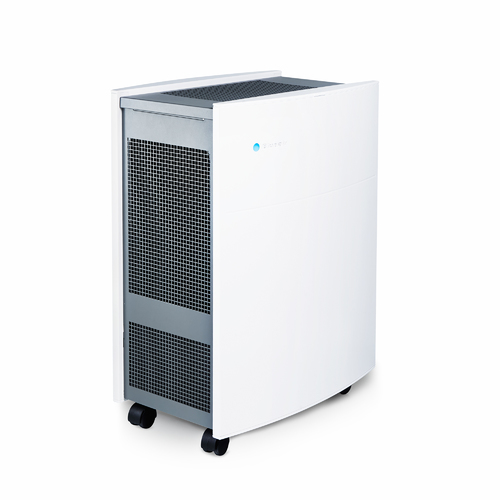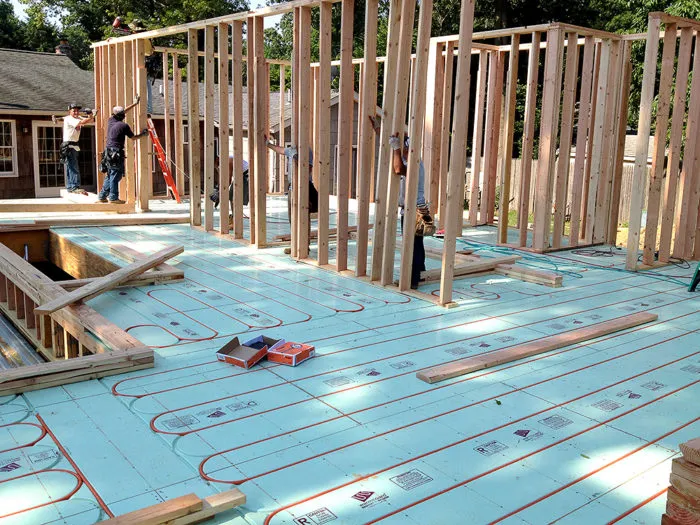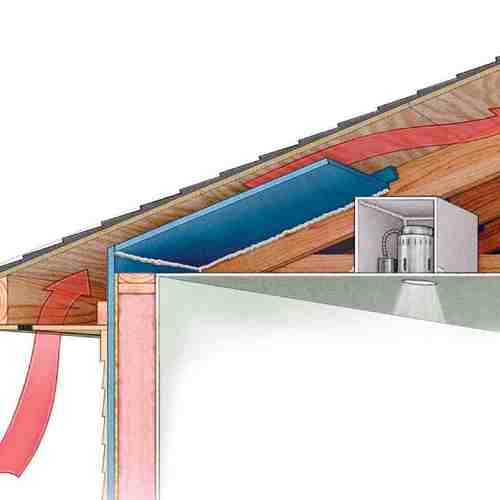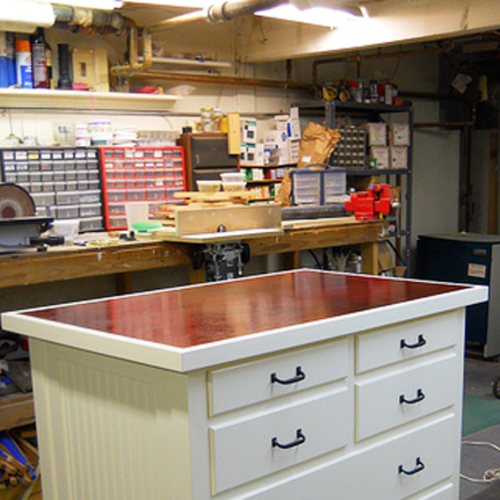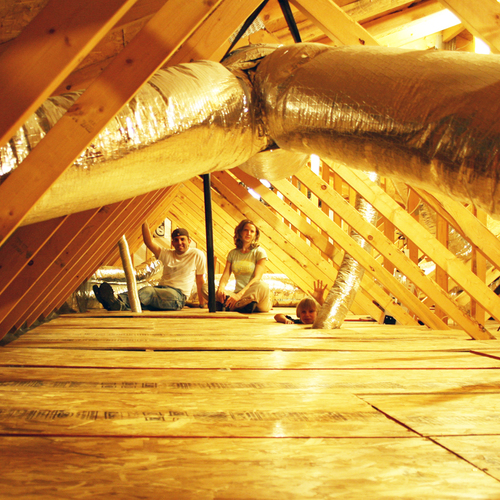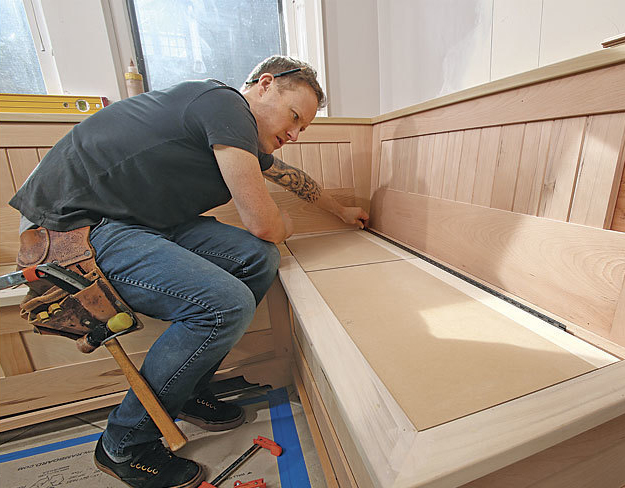
This is a list of some of the most important GBA articles for homeowners who are just beginning to learn about green building and building science.
If you are looking for an index that spans all categories, with a special focus on “how to” articles, check out this resource page: “How to do Everything.”
-
Green Buidling for Beginners
Green building websites can be confusing. One site might tell you that a green home should include spray foam insulation, a tankless water heater, and a geothermal heating system. After you’ve absorbed this advice, you visit another website, where you learn that spray foam is a dangerous petrochemical, tankless water heaters are overpriced gadgets, and “geothermal” systems aren’t really geothermal.
-
Energy Upgrades for Beginners
Owners of older homes often contact GBA and ask, “What can I do to make my home more energy-efficient?” My standard answer goes something like this: “The first step is to hire a certified rater to perform an energy audit of your home. The audit report will include a tailor-made list of retrofit measures to address your home’s specific problems.”
-
Getting Started in Green Building
Unclear on what it means to build green? Green building means building houses that are energy efficient, durable, and won't make people sick after they move in. It also means using less materials and making better use of the ones you buy. We can do this by designing and building houses...
-
Ten Ways to Improve a New Home
Buying an inefficient refrigerator is an expensive mistake. But at least the solution is simple: you can always buy a new refrigerator. If you build an inefficient house, however, you may have an unfixable problem on your hands. Some newly built homes are so poorly designed, sited, and built that it would be cheaper to demolish them and start again than to correct all their flaws.
-
Martin's Pretty Good House Manifesto
One of the presentations I attended at the Passive House conference in Portland, Maine, on September 22, 2014 was a session called “Passive House certifiers’ roundtable.” The first speaker on the panel, Tomas O’Leary, explained that he usually charges about $2,200 to certify a residential Passivhaus project. He warned the audience that certification is “quite an effort; don’t underestimate it.”
-
All About Dishwashers
An automatic dishwasher uses hot water and electricity, so it makes sense to choose an efficient model. But before discussing the question of which dishwasher you should buy, we need to address two questions:
-
All About Furnaces and Duct Systems
UPDATED on March 2, 2017 with information on the Dettson furnace rated at 15,000 Btu/h. Many different appliances can be used to heat a house, including boilers, water heaters, heat pumps, and wood stoves. However, most homes in the U.S. are heated by a forced-air furnace. These devices are connected to ducts that deliver heated air to registers throughout the house. Different types of furnaces are manufactured to burn a variety of fuels, including natural gas, propane, oil, and firewood. The most common furnace fuel in the U.S. is natural gas.
-
All About Water Heaters
If you want to save energy, there are lots of exciting appliances and building materials that you might want to specify for your home: triple-glazed windows, an efficient refrigerator, and compact fluorescent or LED lighting, for example. When it comes to choosing a water heater, though, clarity evaporates. Simple, affordable water heaters aren’t very efficient, and efficient equipment is complicated and costly. So how do you go about choosing a water heater?
-
Are Tankless Water Heaters a Waste of Money?
Although tankless water heaters are, on average, more efficient than traditional tank-style water heaters, they’re also more expensive — so expensive, in fact, that many potential customers wonder whether their high cost can ever be justified by likely energy savings.
-
All About Washing Machines
About 82% of U.S. homes have a clothes washer. Each of these appliances is used, on average, to wash about 300 loads of laundry per year. On an annual basis, residential clothes washers use more energy than dishwashers but less than refrigerators.
-
Choosing an Energy-Efficient Refrigerator
Because federal appliance efficiency standards have gotten more stringent, new refrigerators use much less energy than those sold in the 1970s. These days, it’s fairly easy to find a full-size refrigerator that requires only 350 to 500 kWh per year — significantly less than the 1,000 kWh/year energy hogs of yore.
-
All About Dehumidifiers
An energy-efficient home in a hot, humid climate should have a tight envelope, thick insulation, energy-efficient appliances, and low-solar-gain windows. If you include these features in a new home, your air conditioner won’t run as often as your neighbor’s. That’s good. But there is a downside to the fact that your air conditioner runs rarely: during the hours that your house has no active cooling, it also has no active dehumidification. As a result, your indoor relative humidity is going to rise.
-
All About Microwave Ovens
A microwave oven uses less energy than a conventional oven. Even though this statement is broadly true, a microwave oven isn’t always the most efficient way to cook. So what appliance should you use to heat up or cook your dinner: A gas stovetop? An electric-resistance stovetop? An induction stovetop? A gas oven? An electric oven? A countertop toaster oven? A crockpot? Or a microwave oven? If all you care about is energy efficiency, it’s possible to come up with an answer to this question — but the answer will depend on the quantity and the type of food you are cooking.
-
Choosing an Energy-Efficient Television
Last weekend I reluctantly undertook the unpleasant task of buying a new television. The task was unpleasant for several reasons: I have a countercultural aversion to updating electronic devices; I hate shopping; and I especially hate shopping at the only area retailer that sells televisions, a particularly repellent megastore headquartered in Arkansas.
-
All About Air Purifiers
If you’re concerned about indoor air quality, you may have noticed ads for a type of appliance called a portable air purifier. Purchasers hope that these boxes will suck in dirty air and discharge clean air, but few homeowners know how these appliances operate. In this article, I’ll try to answer a few basic questions about portable air purifiers: How many kinds of portable air purifiers are on the market? Do they work? Who needs one?
-
All About Washing Machines
About 82% of U.S. homes have a clothes washer. Each of these appliances is used, on average, to wash about 300 loads of laundry per year. On an annual basis, residential clothes washers use more energy than dishwashers but less than refrigerators.
-
All About Radiant Floors
So-called radiant floors have an excellent reputation. Many customers report that this type of heating system is comfortable and quiet. Moreover, some suppliers of radiant floor materials and equipment claim that these systems can save energy. In spite of the purported benefits of this type of heating system, few green homes include a radiant floor heating system. This article will explore why.
-
All About Attic Venting
Most homeowners and builders believe that attics should be vented. If you walk down to your local lumberyard and lean on the counter, the employees and nearby customers will offer a variety of opinions about why attics need to be vented. Unfortunately, it’s highly unlikely that the statements you hear will be true.
-
Is Your Pool an Energy Hog?
If your home has a swimming pool, your pool pump may use more electricity than any other appliance in your home — as much as three times the electricity used by your refrigerator. Many residential pools in the U.S. have 1.5-horsepower or 2-horsepower pumps that draw 2,000 watts or more. If you’re not paying attention, you may be running your pool pump for 24 hours a day — even though your pool might be perfectly clean with only 6 hours of pump operation per day.
-
All About Basements
Foundation discussions can get heated. For some reason, builders often dig in their heels when the topic of slabs versus crawl spaces versus basements comes up. It’s time to declare a truce. It’s perfectly possible to build a great house on any one of these three foundation types, as long as everything is properly detailed. Each type of foundation has advantages as well as disadvantages. If you have a foundation type that you prefer, that’s great. I’m not going to try to change your mind.
-
All About Attics
Most six-year-olds can draw a house. The typical child’s depiction of a house shows a rectangular building with a door and a few windows, topped by a gable roof. This type of house is fairly common in most areas of the U.S. If the house was built 100 or more years ago, it usually had a cellar or basement underneath the first floor and an attic above the top floor.
